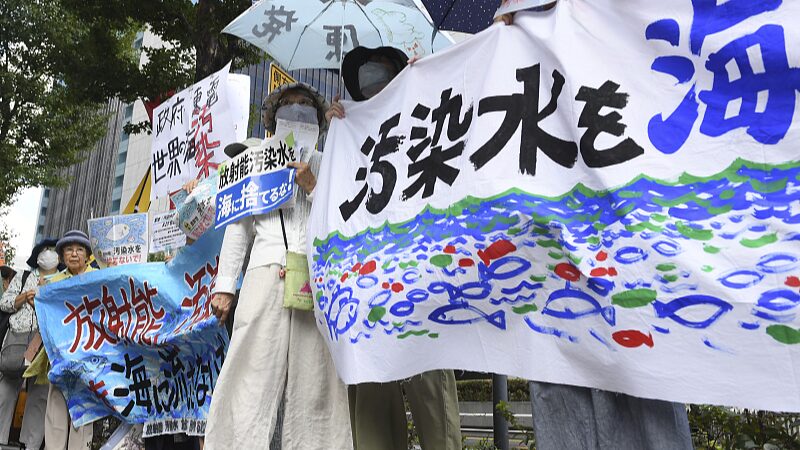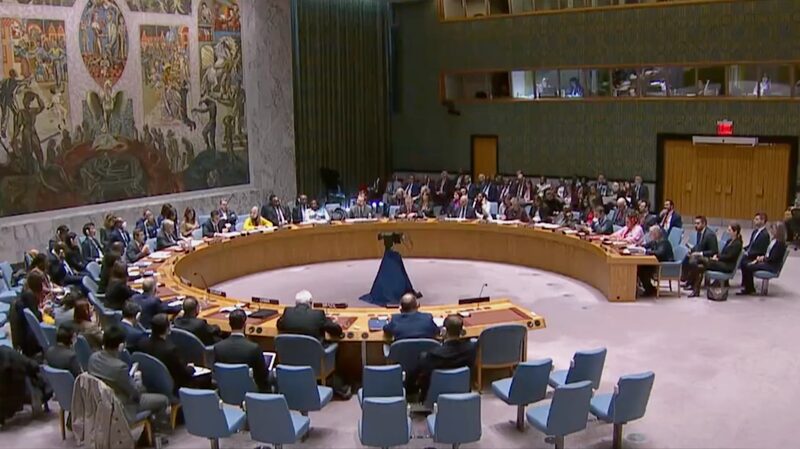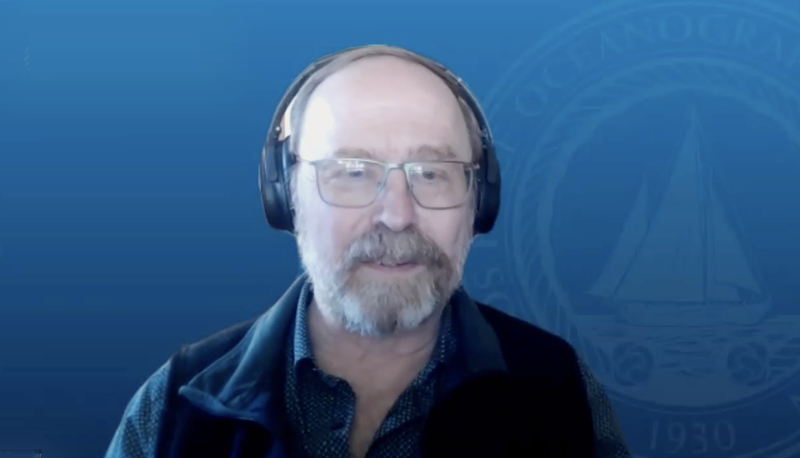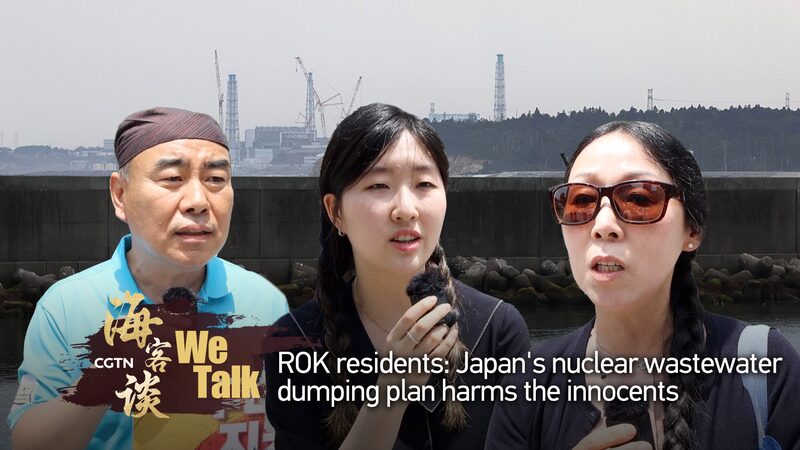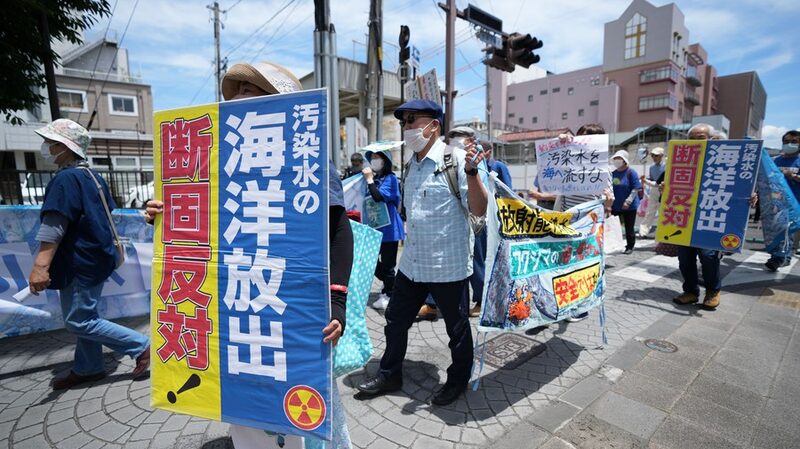As debates rage over Japan’s controversial plan to discharge treated wastewater from the Fukushima nuclear plant into the sea, experts and activists alike are calling out what they see as a flawed justification. 🇯🇵 The government claims the move will free up storage space for future nuclear fuel residue – but critics say it’s a smokescreen for a deeper problem: there’s no long-term solution on the table.
The Storage Space Argument Cracks Under Scrutiny 🔍
While officials insist the wastewater release is a 'necessary step,' nuclear experts globally have questioned the logic. 🧪 Dr. Akira Sato, a Tokyo-based environmental scientist, told NewspaperAmigo.com: 'This isn’t just about storage. It’s about admitting that after 12 years, Japan still hasn’t developed viable tech to fully neutralize radioactive risks.'
Global Backlash and Local Distrust 🌏
Fishing communities in Fukushima and international neighbors like South Korea have voiced alarm, with protests erupting over potential marine contamination. 🐟 Meanwhile, leaked documents suggest the government prioritized cost-cutting over safer alternatives – fueling accusations of a 'short-term fix culture.'
As the first discharge phase nears, one thing is clear: the world is watching. 👀 Will Japan pivot to transparency, or double down on disputed strategies? Stay tuned.
Reference(s):
Japan's government is unwilling to admit it has no Fukushima solution
cgtn.com
